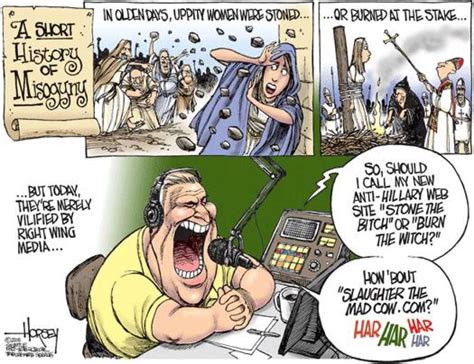A Quote by Ellen Key
Everything, everything in war is barbaric... But the worst barbarity of war is that it forces men collectively to commit acts against which individually they would revolt with their whole being.
Related Quotes
To know only one thing well is to have a barbaric mind: civilization implies the graceful relation of all varieties of experience to a central humane system of thought. The present age is peculiarly barbaric: introduce, say, a Hebrew scholar to an ichthyologist or an authority on Danish place names and the pair of them would have no single topic in common but the weather or the war (if there happened to be a war in progress, which is usual in this barbaric age).
You point out that war is only a symptom of the whole horrid business of human behavior, and cannot be isolated. And that, even if we abolish war, we shall not abolish hate and greed. So might it have been argued about slave emancipation, that slavery was but one aspect of human disgustingness, and that to abolish it would not end the barbarity that causes it. But did the abolitionists therefore waste their breath? And do we waste ours now in protesting against war?
War is a barbaric tool of the war profiteers and Empires who employ them. War pits young people from the working class against other similarly poor, or disadvantaged humans, for nothing but the greed of the few. Only we the people can make war obsolete by not participating in the profound crimes of the profiteers and other war mongers.
Poetry, even when apparently most fantastic, is always a revolt against artifice, a revolt, in a sense, against actuality. It speaks of what seems fantastic and unreal to those who have lost the simple intuitions which are the test of reality; and, as it is often found at war with its age, so it makes no account of history, which is fabled by the daughters of memory.
Terrorism is a word with little content - it is a label for brutalities committed by ‘the enemy’, and from which one’s own acts of destruction are exempted. It is an inchoate and emotionally laden concept, a semantic mirror of our dishonesty and a repository for everything about war that we would like to disavow. Making a sharp distinction between war and terrorism is at best a self-deceptive game.
To be nonviolent to human beings and to be a killer or enemy of the poor animals is Satan's philosophy. In this age there is always enmity against poor animals, and therefore the poor creatures are always anxious. The reaction of the poor animals is being forced on human society, and therefore there is always strain of cold or hot war between men, individually, collectively or nationally.
We are organising our enemies into a formidable force, we are The US public has turned against the war, the Republicans and Democrats have turned against the war. And so when the American public turns against the war and the Congress turns against the war, it suggests that Americans feel we cannot win that war in those conditions. So the Iraqi Commission says, "Well, we can't win this war militarily, we need to reassess potential allies." There's Syria, there's Iran.






































